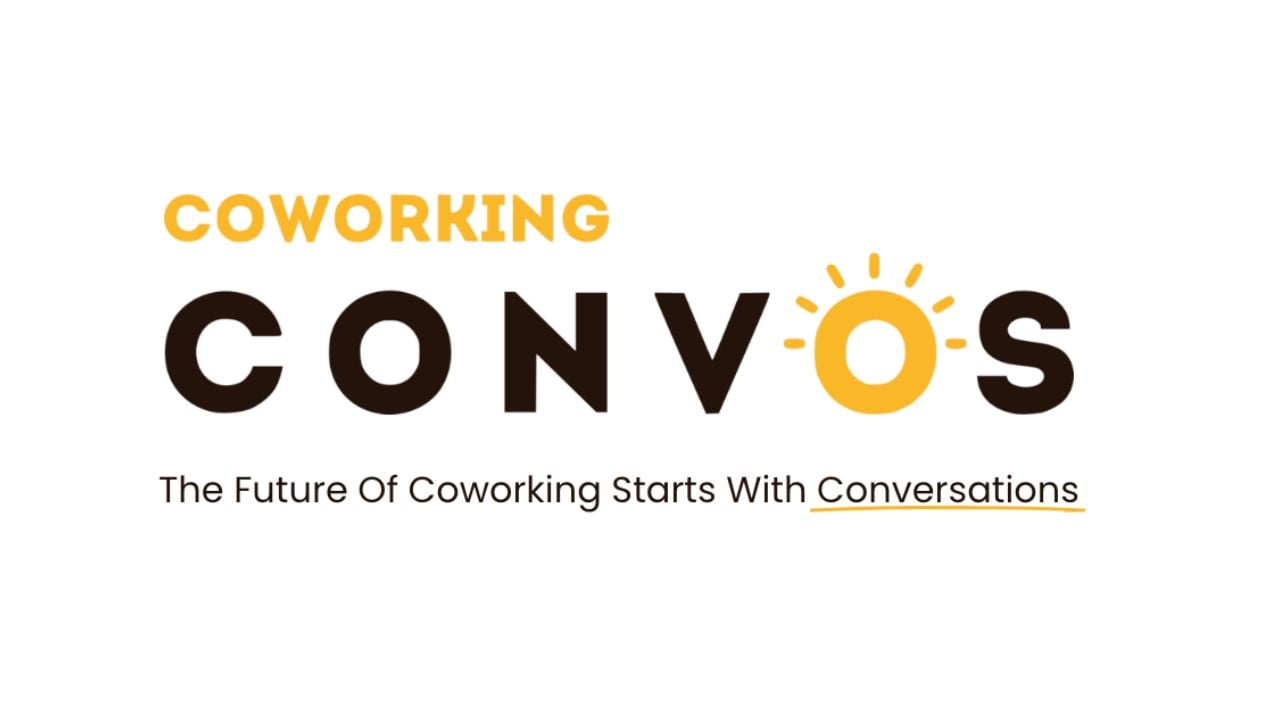Prior to the pandemic, the Deloitte Global Millennial Survey 2020 revealed that about half of Gen Z and Millennials felt stressed all or most of the time. However, a follow-up survey in May found that stress levels dropped by around 8%.
While the survey conducted in the middle of the pandemic indicates that working from home may have helped reduce stress levels, there is still on-going concern about how mental illness impacts people at work.
The Household Pulse Survey conducted by the National Center for Health Statistics found that financial strains are the main stressor for Millennials who faced both the Great Recession, as well as today’s economic crisis.
“It’s easy to see why the global conversation on mental health is picking up pace and becoming more prominent around boardroom tables,” said Michele Parmelee, chief people and purpose officer at Deloitte Global. “Considering that stress has a direct, negative impact on work productivity, employers need to understand and embrace their role in helping alleviate stress and reducing the drivers of poor mental health at work.”
In order to truly recognize and address those workers who may be struggling, business leaders need to avoid perpetuating mental health stigma in the workplace.
One way to do so is creating an open path of communicating with colleagues and reaching out to those who may be experiencing feelings of isolation.
Additionally, offer an empathetic ear and consider that workers may not only be dealing with work-related pressure, but stress at home as well. Ease the workload if needed and avoid making assumptions about a workers’ experience.

 Dr. Gleb Tsipursky – The Office Whisperer
Dr. Gleb Tsipursky – The Office Whisperer Cat Johnson – Coworking Marketing Maven
Cat Johnson – Coworking Marketing Maven Angela Howard – Culture Expert
Angela Howard – Culture Expert Drew Jones – Design & Innovation
Drew Jones – Design & Innovation Andrea Pirrotti-Dranchak – Competitive Advantage
Andrea Pirrotti-Dranchak – Competitive Advantage Jonathan Price – CRE & Flex Expert
Jonathan Price – CRE & Flex Expert Jeremy Fennema – Tech Innovation Alchemist
Jeremy Fennema – Tech Innovation Alchemist












